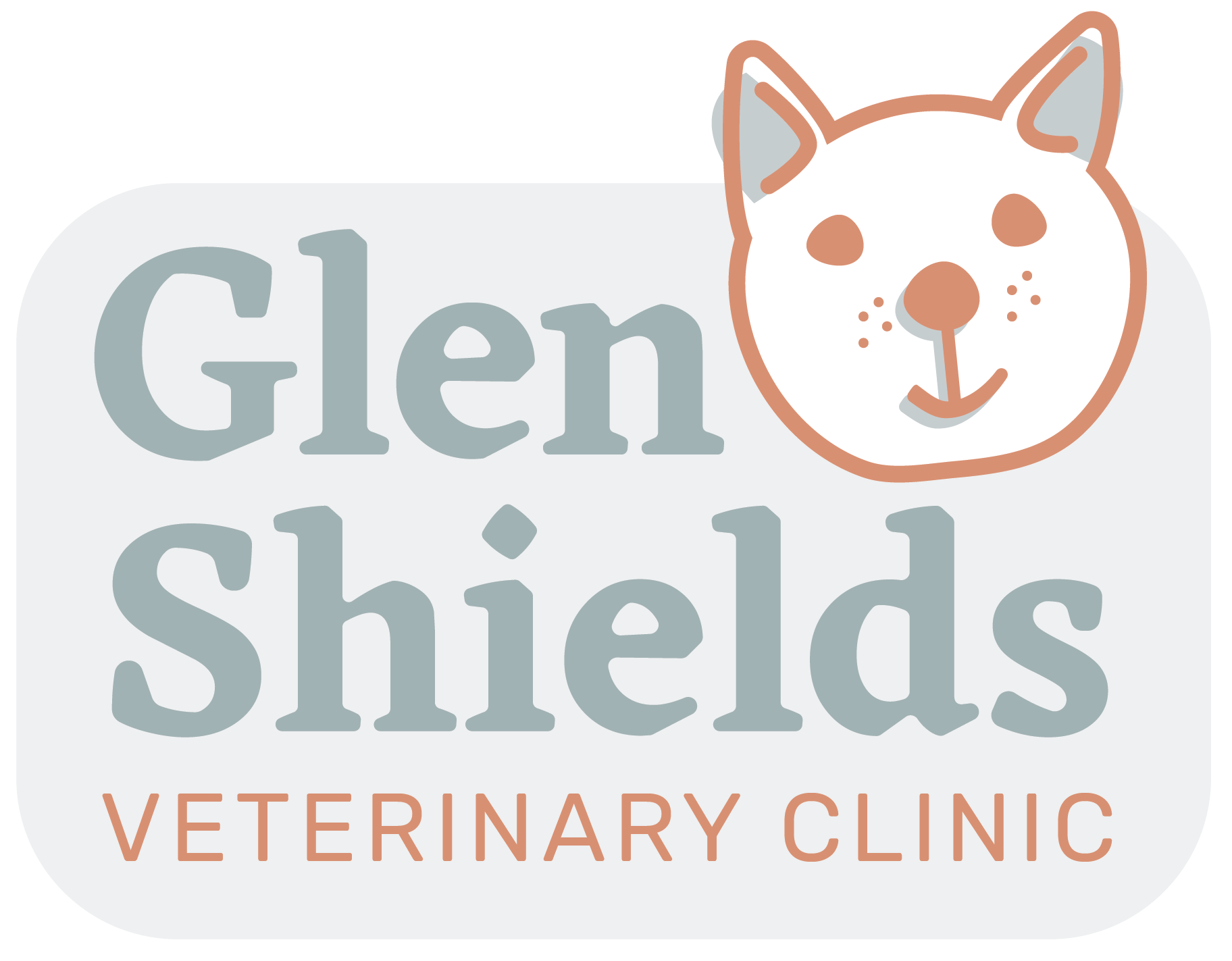Library
-
Leaky gut syndrome refers to an increase in the permeability of the intestines. This condition may be caused by any significant insult to the intestines. Acute cases of leaky gut may be caused by infection, trauma, toxins, or medication overdoses. Chronic cases, in contrast, may be caused by food allergies, long-term NSAID use, or other causes. Your veterinarian will perform diagnostic tests to determine the underlying cause of your cat’s intestinal disease and treatments will be targeted at the specific underlying disease that is causing your cat’s leaky gut.
-
Leflunomide is an immunomodulating agent used to treat certain immune-mediated conditions in cats and dogs. It is used off label (extra label) in veterinary medicine. Leflunomide comes in a tablet form that may be specially compounded into a liquid. Wear gloves when handling and do not handle if pregnant or nursing.
-
Lenticular sclerosis is the term for a bluish, transparent haze that develops in the lens of the eye in middle-aged to senior cats. Vision does not appear to be significantly affected. While the exact mechanism is poorly understood, it appears that the lens gradually becomes denser or harder with age. There is no specific treatment for lenticular sclerosis, nor is treatment necessary.
-
This article is a test article.
-
Levetiracetam is given by mouth or injection and is used off label to treat seizures and epilepsy. Give as directed by your veterinarian. Common side effects include sleepiness and incoordination in dogs and decreased appetite, incoordination, drooling, and sleepiness in cats. Do not use levetiracetam in pets that are allergic to it. If a negative reaction occurs, please call your veterinary office.
-
Levothyroxine is thyroid hormone replacement given by mouth in the form of a tablet or capsule. It is used to treat hypothyroidism and its use in cats and certain exotic animals is off label. This medication should not be used in pets with certain heart conditions, untreated Addison's disease, or hyperthyroidism.
-
Lidocaine/lidocaine combinations topical are local anesthetics that provide anesthesia (a numbing effect) to the skin in cats, dogs, and other animals. Combination products may contain other local anesthetics, antibiotics or antimicrobials, steroids, antihistamines, and/or cleansing agents.
-
Crate training is most used with dogs, but it can be useful for kittens and cats too. Crate training is useful in many situations, such as providing a safe place when home alone or unsupervised. Cats that are calm in their crates experience less distress when they need to travel, visit the veterinary hospital, or stay at a boarding facility. Starting while your cat is young makes training easier, but even adult cats can be trained to relax in a crate. If your cat shows signs of distress (e.g., prolonged vocalization, trying to escape, salivation, rapid continuous movement) while using the training methods provided in this handout, consult your veterinarian.
-
Lincomycin is given by mouth or injection and is used on and off label to treat certain bacterial infections. Give as directed by your veterinarian. Common side effects include vomiting, diarrhea, or drooling. Do not use in pets that are allergic to it or similar drugs, in pets with a candida fungal infection, very young pets, or in rabbits, hamsters, guinea pigs, or horses. If a negative reaction occurs, please call the veterinary office.
-
One particularly dangerous type of foreign body in cats is a linear foreign body: a long, thin object such as string, yarn, or tinsel. If one end of the linear foreign body becomes lodged in the gastrointestinal tract, intestinal perforation may occur due to bunching up of the intestines. The most common signs of a linear foreign body include vomiting, anorexia (refusal to eat), dehydration, and lethargy. If your veterinarian suspects a linear foreign body, your cat will need an exploratory laparotomy (abdominal surgery).
